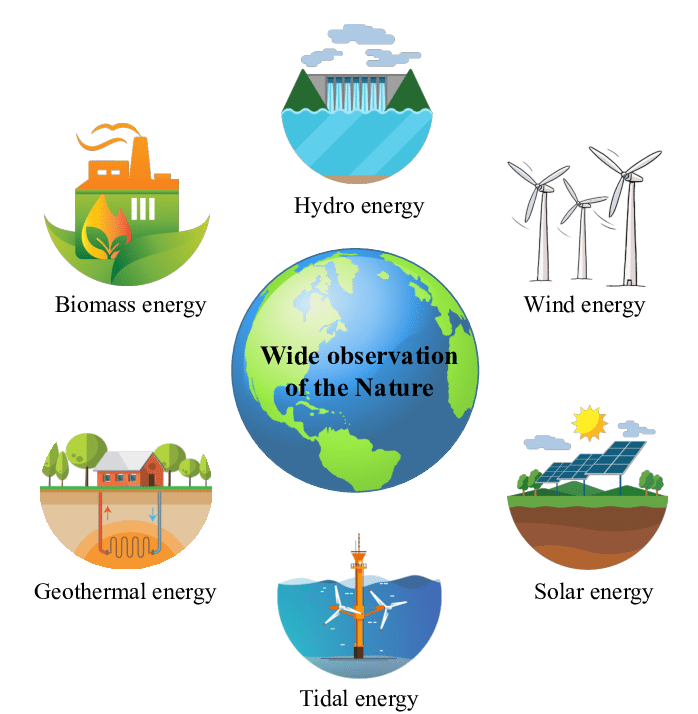Eco-Friendly Energy: Embracing Sustainable Practices


Eco-Friendly Energy: Embracing Sustainable Practices
Sustainable energy practices have become imperative in the global pursuit of a greener and more environmentally conscious future. From renewable sources to energy-efficient technologies, adopting sustainable practices is essential for mitigating climate change and ensuring a sustainable energy future.
Renewable Energy Sources:
At the forefront of sustainable energy practices are renewable sources such as solar, wind, hydro, and geothermal energy. These sources harness the power of nature without depleting finite resources. Solar panels convert sunlight into electricity, wind turbines generate power from the wind, and hydroelectric plants utilize flowing water—all contributing to a cleaner energy mix.
Energy Efficiency in Buildings:
Improving the energy efficiency of buildings is a key aspect of sustainable practices. Modern technologies, such as energy-efficient appliances, smart thermostats, and well-insulated structures, reduce energy consumption. Building designs that leverage natural light and ventilation further enhance energy efficiency, minimizing the need for artificial lighting and climate control.
Transition to Electric Transportation:
The transportation sector is a significant contributor to carbon emissions. Sustainable energy practices involve transitioning to electric vehicles (EVs) powered by renewable energy sources. This shift reduces reliance on fossil fuels, lowers emissions, and promotes the development of a cleaner and more sustainable transportation infrastructure.
Smart Grids and Energy Storage:
Implementing smart grids enhances the efficiency and reliability of energy distribution. These grids utilize advanced technologies to monitor and manage energy consumption in real-time, optimizing the use of renewable energy. Energy storage solutions, such as advanced batteries, play a crucial role in storing excess energy for later use, ensuring a consistent power supply.
Community-Based Renewable Projects:
Engaging communities in renewable energy projects fosters a sense of collective responsibility. Community solar and wind projects allow residents to collectively invest in and benefit from clean energy initiatives. These projects not only contribute to sustainable energy practices but also empower communities to actively participate in the transition to a greener future.
Circular Economy in Energy:
Adopting a circular economy approach involves minimizing waste and maximizing resource efficiency. In the context of energy, this means recycling and repurposing materials used in renewable technologies. Additionally, it involves the responsible disposal of electronic waste from energy-related devices to prevent environmental harm.
Government Policies and Incentives:
Government support is instrumental in accelerating the adoption of sustainable energy practices. Policies that incentivize renewable energy development, offer tax credits for energy-efficient upgrades, and set emission reduction targets contribute to a supportive regulatory environment. These measures encourage businesses and individuals to embrace sustainable practices.
Corporate Responsibility and Green Initiatives:
Businesses play a crucial role in promoting sustainable energy practices through corporate responsibility and green initiatives. Adopting renewable energy sources for operations, implementing energy-efficient measures, and investing in sustainable technologies contribute to a cleaner and more sustainable corporate footprint.
Education and Awareness Campaigns:
Raising awareness about sustainable energy practices is pivotal in driving widespread adoption. Education campaigns inform the public about the benefits of renewable energy, energy conservation, and the collective impact of individual choices. Informed communities are more likely to embrace sustainable practices in their daily lives.
The Path Forward: Embracing Sustainability:
In conclusion, embracing sustainable energy practices is not just an environmental necessity but a pathway to a resilient and future-ready society. From harnessing renewable sources to promoting energy efficiency, every step taken towards sustainability contributes to a cleaner and more sustainable energy future. To explore more about sustainable energy practices, visit Sustainable Energy Practices.








